|
It is safe to say that many people and places are many places and people that leave little impression upon us and remain emotionally flat, bereft of feeling and meaning, even forgotten. However, instinctively, by and by, we all return to places that are rich in thought and sentiment, and every time we return it feels good. These places remain fixed in our memory, and we can, of course, name them with ease, and we can clearly state the fond memories and cherished feelings we all have them in equal measure, and they stay with you through life. That is an easy declarative given; seeing the durable reality of certain places and people with life-long clarity. The force of the memory and emotion of these places is uniquely expressive, powerful, and cannot be measured, nor should they be. Thus, time-after-time, when we return to these places they unlock and speak directly to your heart with the same uncanny, innocent emotion. These memories are natural, pleasing to heart, and they are never empty of meaning. They reveal something of the durable greatness of place, and of good friends we associate with it. Somehow they imbue every aspect of your existence in ways that only you know, a treasure obtained, if you will, a treasure that speaks of fraternal respect, kindness, harmony, and joy: happiness. Many of my memories are rooted in three distinct places: Andover Newton Theological School, situated on a little knob of hill, historically called ‘Pulpit Hill,’ in Newton Centre, Massachusetts; second, the historic grounds of Southeastern Baptist Theological Seminary in Wake Forest, North Carolina; third, our richly textured fraternal home, The Castle, beside the Stillwater River. We all love what the brotherhood and The Castle has been, is, and will continue to be for the next 120 years. The particular impact and legacy of the landscape, The Castle, and all the brothers is sacred to me, as sacred as when I walked down College Avenue to visit the first time in the autumn of 1978, and that first visit provoke a second visit. Quite simply, you do not forget our Castle and out historic brotherhood. Annie Proulx’s said it best in the concluding line of The Shipping News: “And sometimes it may be that love sometimes occurs without pain and misery.” I know that we can each state that our years in The Castle created a brotherly network that has crisscrossed, circulated, and sustained us in the years thereafter. That sort of deep emotional brotherly friendship and love is, simply stated, congenial, nurturing, gratifying and humbling. It is safe to say that our memories of Omega Mu will never be elusive memories. With that thought in mind and Pig Dinner only days away with brothers arriving from everywhere, laughter ricocheting in every corner of The Castle, and generational fraternity is everywhere, it is fitting to recall what a rare and exceptional experience it was for all of us to live in The Castle, and how central and permanent those fraternal years were in shaping us. It was an improbable gift that none of us suspected when we first arrived in Orono to start classes, and then the ancestral warmth of Omega My brothers brought each of us to the front door. That is how it continues to happen: brother-to-brother-to-brother through the generations in bringing young men into the charmed historical confines of The Castle and the warm embrace of our brotherhood, and though we are time-bound, those nostalgic memories are timeless. It is an abundant historic treasure for 120 years that defies definition because it is a long, richly textured fraternal family narrative with ever assortment of plots and subplots and denouements. It is a beautiful narrative that has meaning and significance for each of us in different and similar ways. It is safe to say that we are not devoured by regret in becoming Omega Mu Fijis. This brotherhood continues to be on the right course, as we have for over a hundred years, and with collective brotherly intention, power, and purpose we will continue to thrive. And, inversely, The Castle now requires the unquenchable fortitude and commitment of the knotted links of our brotherhood in order to architecturally restore our beloved Castle to its former glory. Architecturally speaking, we are the financial flying buttresses that will achieve this because there is no government program for The Castle, no community service project planned for The Castle, and certainly no other organization is planning to step in to do our work. We will preserve her and make her new again because it is sacred to all of us. The Castle is beloved by all Omega MU brothers of all ages and generations, and it is fitting to say that those feelings for The Castle are fraternally sacred. Sacred love exists in the now, and not merely in the realm of the unknowable, unreachable, and infinite beyond of religion and theology. Empedocles wisely said the following about the nature of God and the sacred: “The nature of God is a circle of which the center is everywhere and the circumference is nowhere.” Yes, pan-en-theism again. It worth thinking over that this is exactly what has held this brotherhood together for 120 years, and though every brother grows, evolves and changes in various ways after our years in The Castle, that binding love, commitment, and respect for each other, and our brotherhood, remains. It is the solidity of that type of well-rooted love that keeps us coming back to The House for the grace and good cheer of being with each other again. It is that type love that guided our original QTV brothers to take the headstrong risk in starting our brotherhood, and it was that type of sacrificial love when the QTV brothers allowed the chapter house to be used during the Scarlet Fever Epidemics of 1895-1899 to control the epidemic. So, too, it was that type of love that compelled our Omega Mu brothers to take the dangerous, headstrong risk and go into the White House when it was being destroyed by fire in 1924 to recover cherished fraternal items. In the immediate aftermath of the fire, it is that type of love that guided our brothers to purchase the land upon which our present Castle was built, and that stabilizing, visionary love continued when our Omega Mu brothers were present each during the construction of our present Castle. They did not miss a single day in overseeing the constructions of our beautiful home. It is that type of love, that, forever and always, guided Ted Curtis, Frank Danforth, and all the 60’s and 70’s brothers, to continue to come through the front door of The Castle to be here. It is that type of love that drives the joyful, evangelical cheerleading spirit of Jay Clement to get every single brother back for Pig Dinner each year. Moreover, it is that simple, direct vision of fraternal love drives Pilgrim to be a sustaining, guiding rudder of support for the brothers living in the house in order for them to live fraternally well, and to grow in their understanding of fraternal loyalty and fraternal responsibility. Empedocles was right: the sustaining center of love is everywhere in our brotherhood, and there is no limiting circumference to our fraternal love and commitment. Everything we do is guided by our decisive historic spirit of love and commitment to each and The Castle, and we have been victorious so far in accomplishing everything we have every set out do. Our nature is single fraternal heartedness, and that is the root of human grace. It is in the spirit of that historic love, energy, commitment, and clarity of architectural and historical intent that drives this 2019 financial drive for our architectural masterpiece: The Castle. This building, our fraternal home, carried us deeply into friendships and happiness that have been life-long. To have partaken of such a gift that was given to each is a great life reward. That is sacred. Now we know what lies ahead, another 120 years of our storied fraternal existence at the University of Maine. With the legacy of all our ancestral voices supporting us, and the guiding memory of chance and providence that led each of us to the front door of The Castle the first time seeking to become an Omega Mu brother, it is an easy choice to make to support the architectural renewal of The House. This is an instance in our fraternal history when we must imagine what future brothers will say when they walk up the driveway and into the house and see the tangible, flawlessly crafted sustained beauty of The Castle, inside and outside, in beautiful symmetry and sameness, and in turn learn that it was due to ennobling ingredients of our perseverance and determination that made it so. They will then develop life-lasting friendships, a love of fraternal life, and a self-effacing commitment to maintain those friendships and the architectural integrity of The Castle. That intergenerationally creative partnership that has always guided our Omega Mu brotherhood, and it always will guide us in the future. Fraternal love is both the source and goal of everything we do for each other and The Castle. “By our clear-eyed faith and fearless heart” we will succeed. With reverence and service toward the The Castle and each other, we will assure that our fraternal beliefs will continue to cultivate an appreciation for the good things that really matter in life in structure, scope, and ideal without erosion. This, after all, is why it all started. It was a conscious and carefully crafted decision for young men to live together in civic, fraternal decency on the riverscape of the Stillwater River, and our memories of The Castle and our brotherly friendships are, indeed, fruit that lasts a lifetime. That is feel cantus firmus, “The strong song,” of our proud 120 year history, and we will continue to do well in sustaining our linked Omega Mu brotherly circle for another 120 years without any fraternal hesitation or fear, guided by our time-tested, unambiguous fraternal tenacity, perseverance, and persistence. That is the generational consciousness that has always kept us moving forward into the future. We do not speak and act from a distance from our past, the present, and our future; they all matter because we cannot separate them. We play the long game, always have. Omega Mu lives on, and it will continue to live on. In closing, I am thankful for the surprising, life-long fraternal grace that greeted me when I walked through the front door of The Castle in 1978. Fraternally,
Chip Chapman, "82 Perge!
0 Comments
|
Archives
December 2024
Categories |
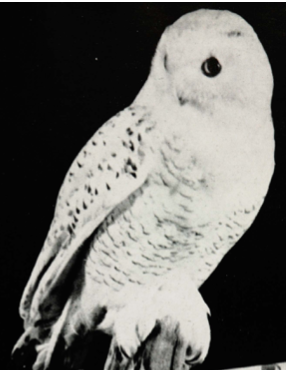
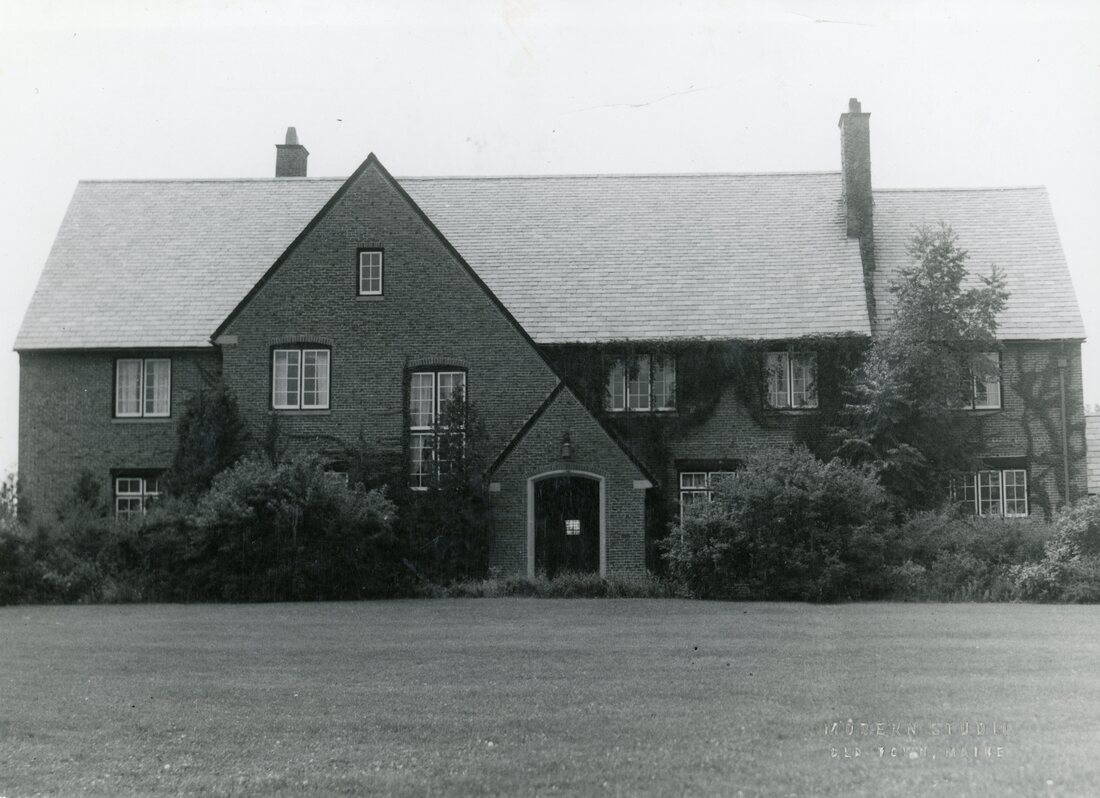
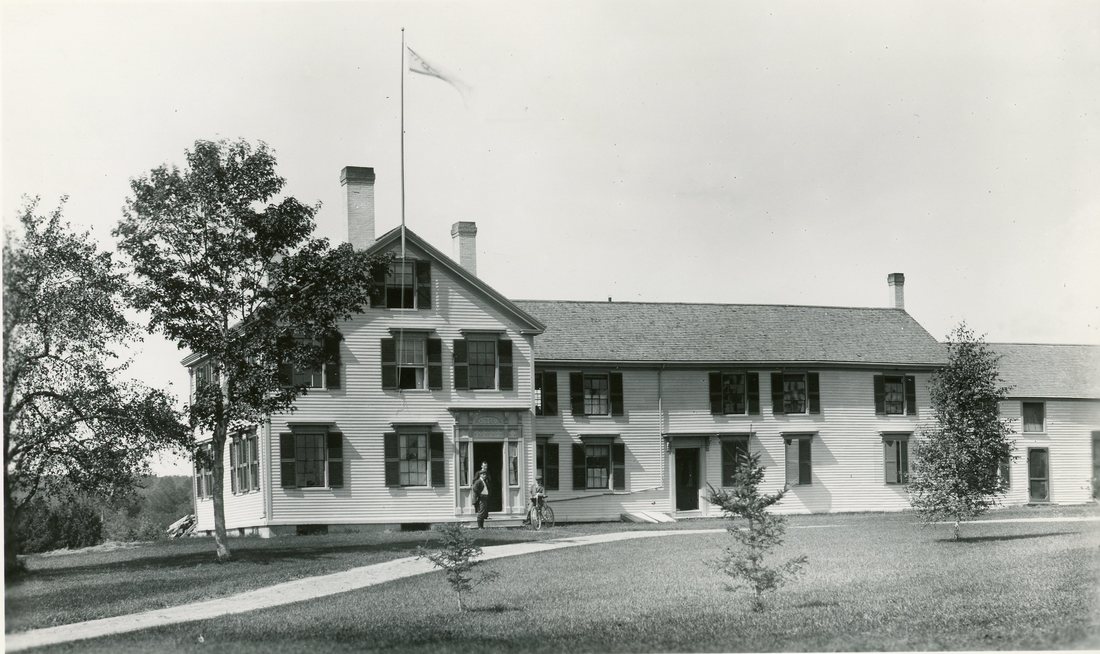
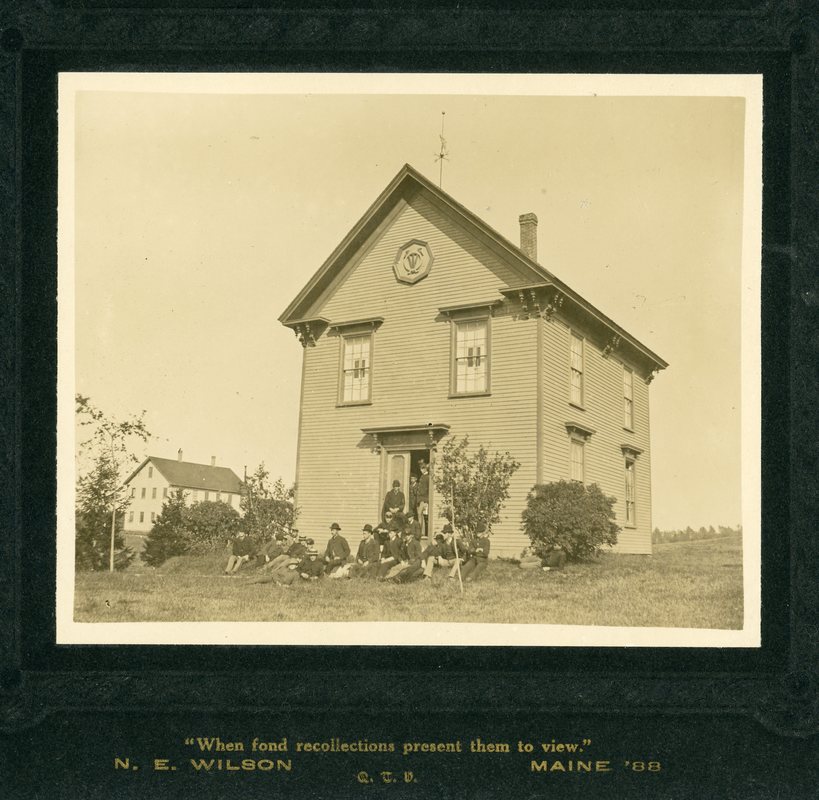
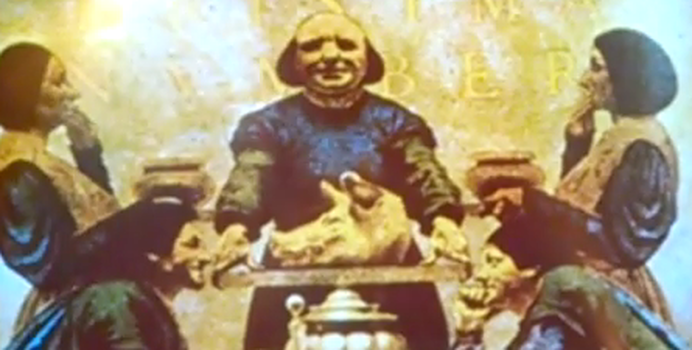
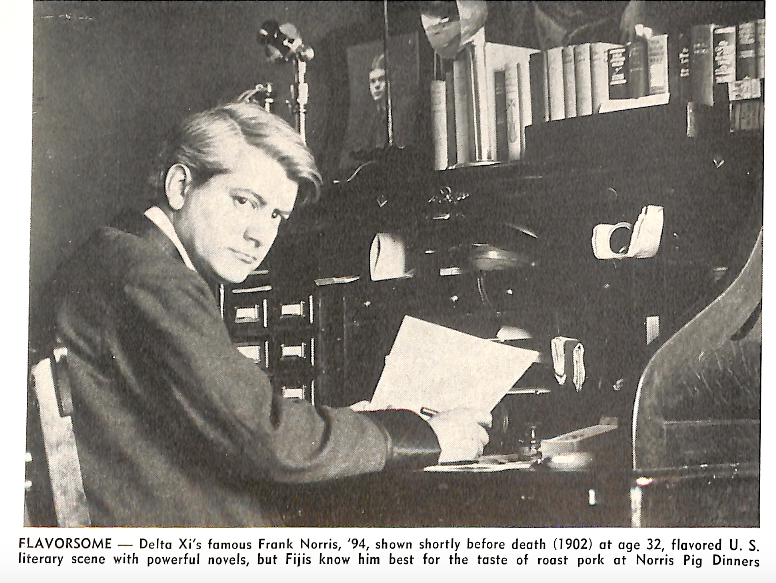
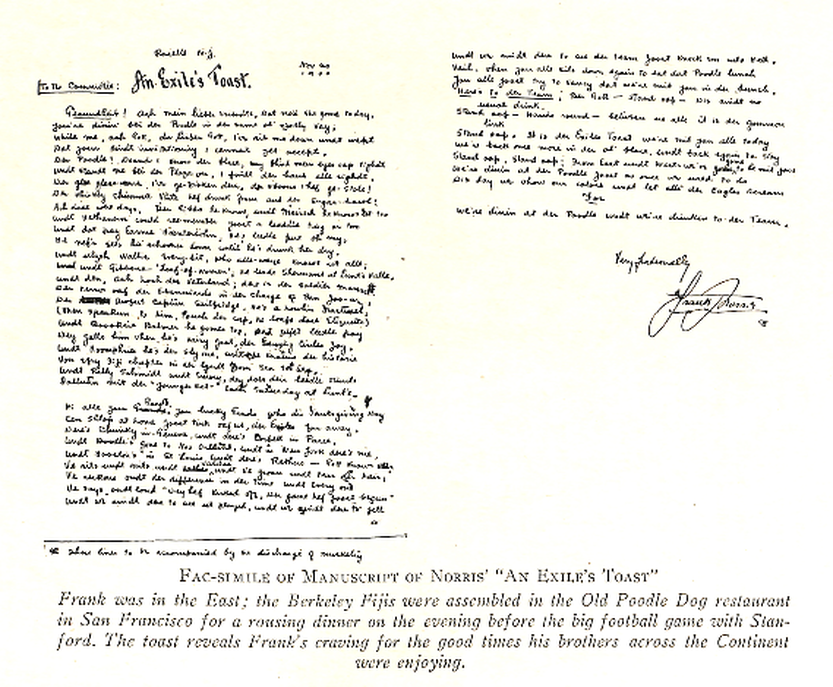
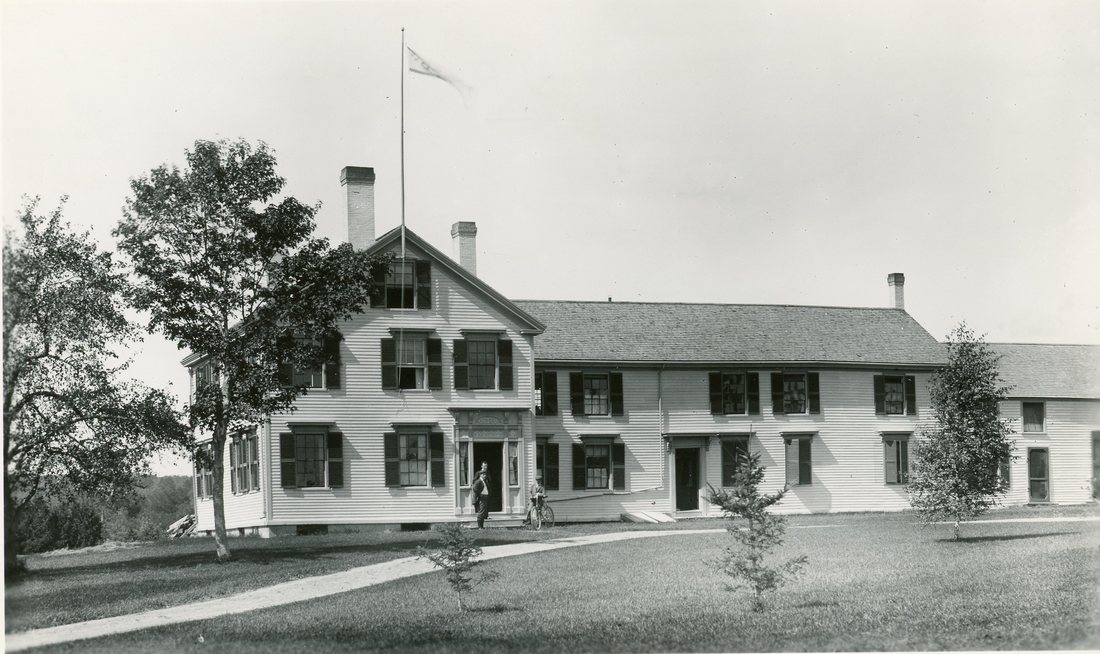
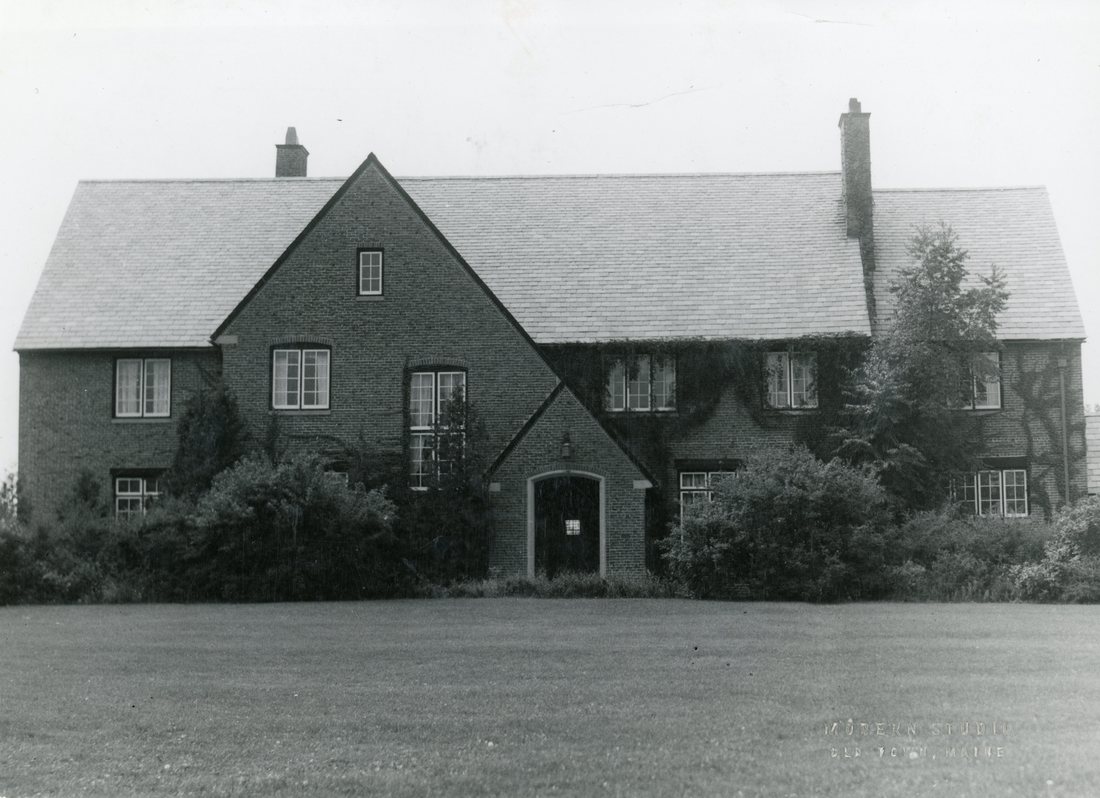
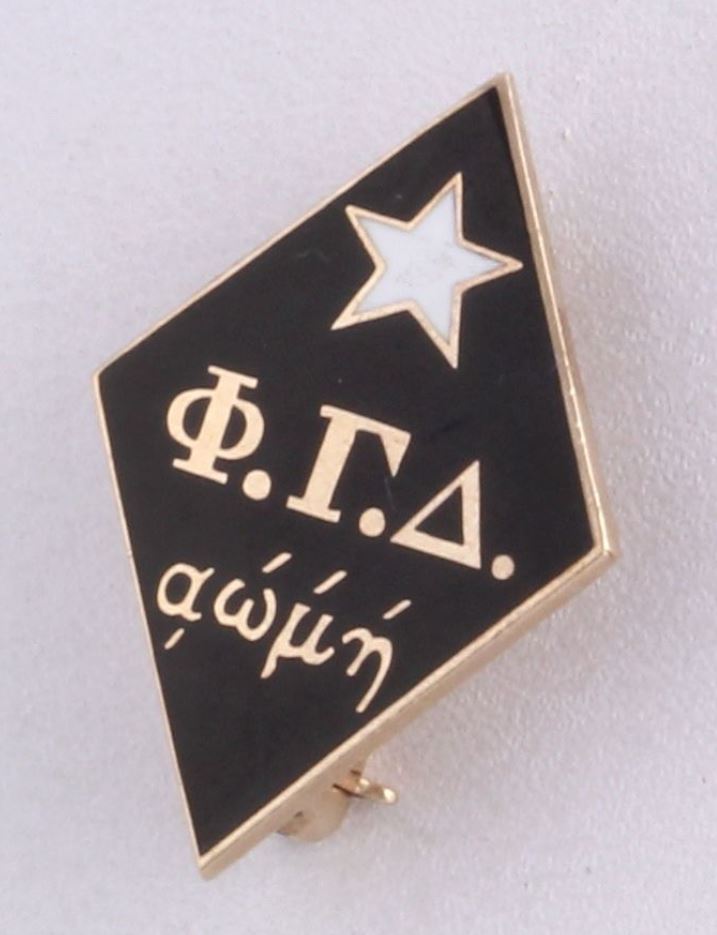
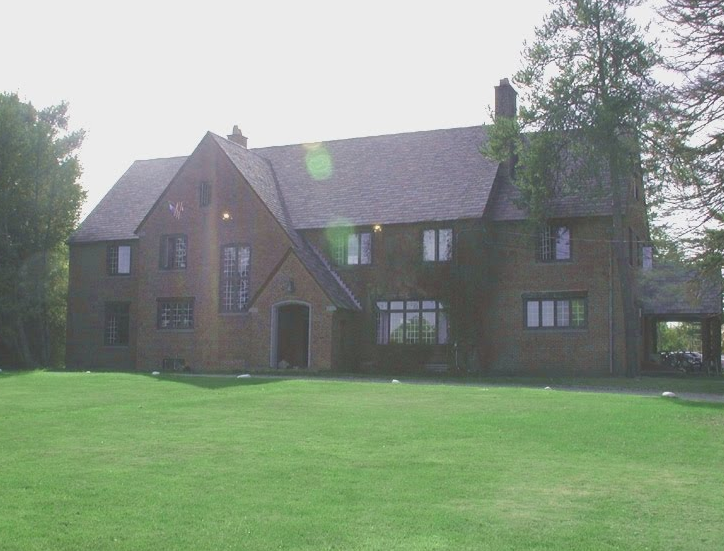
 RSS Feed
RSS Feed